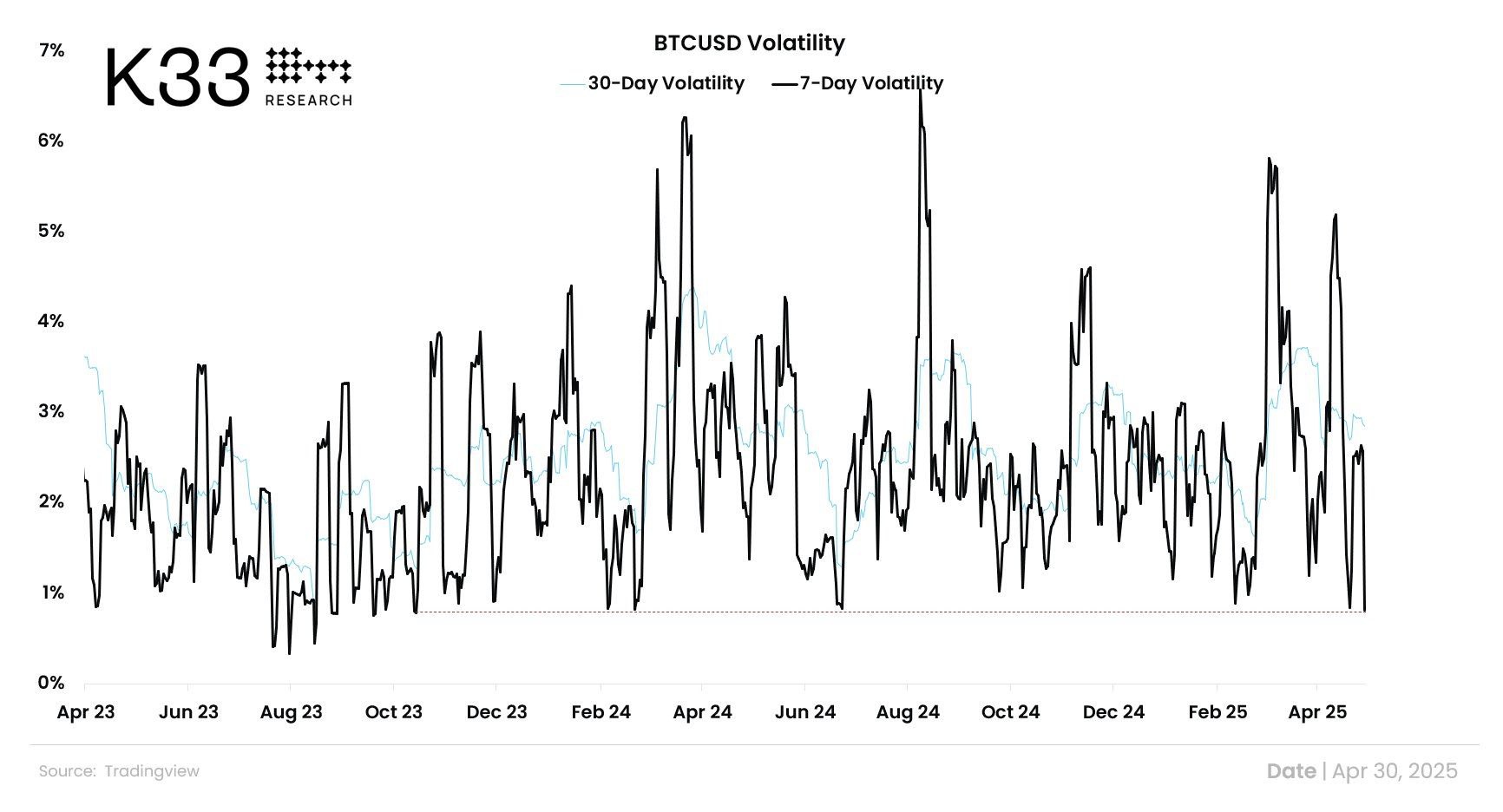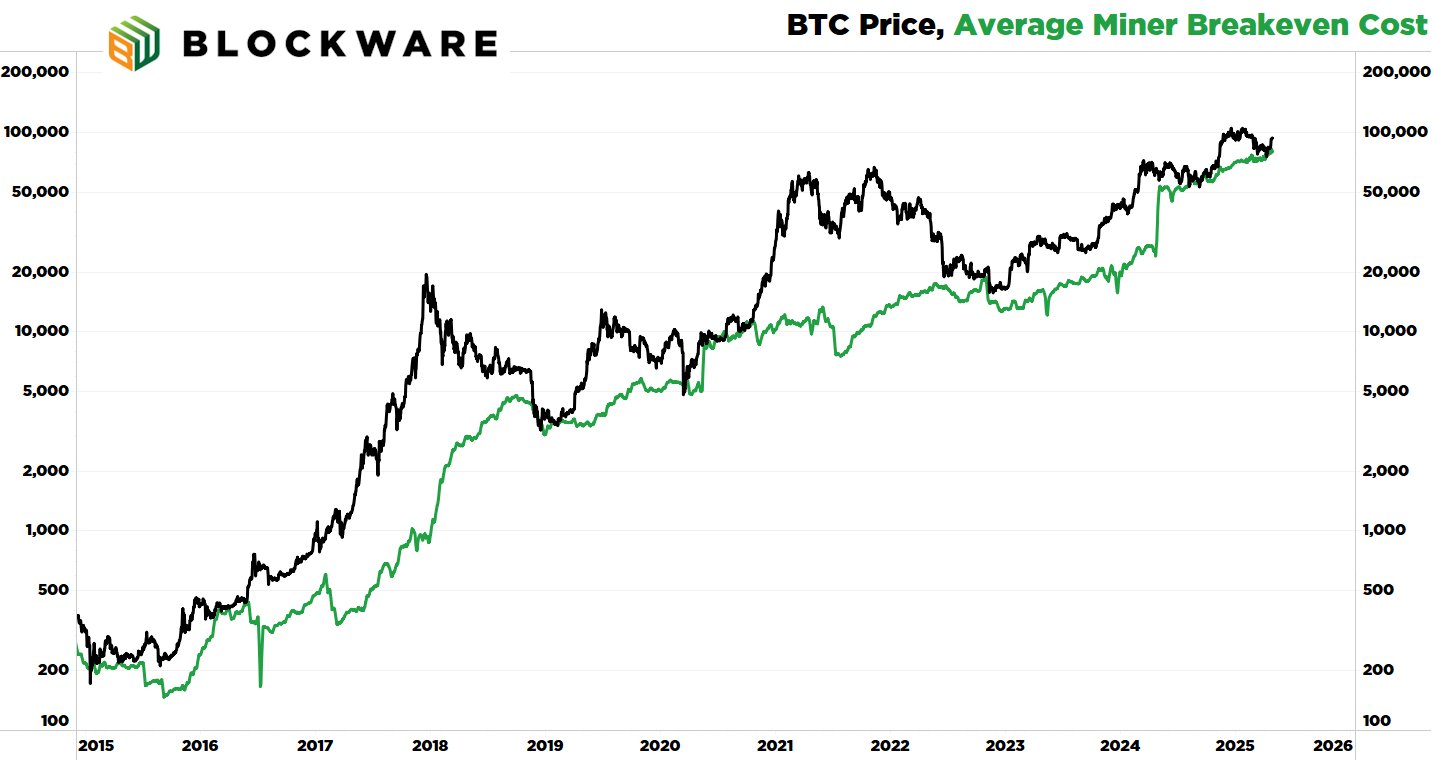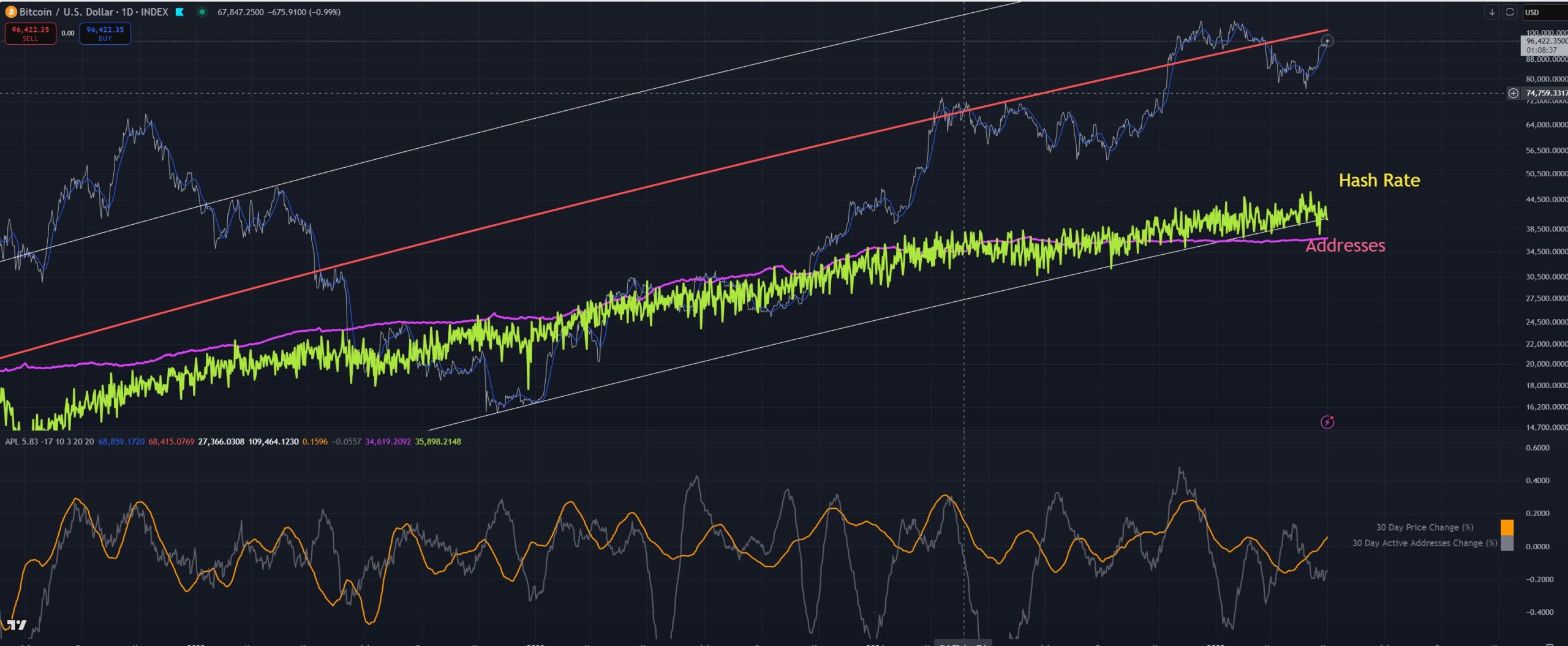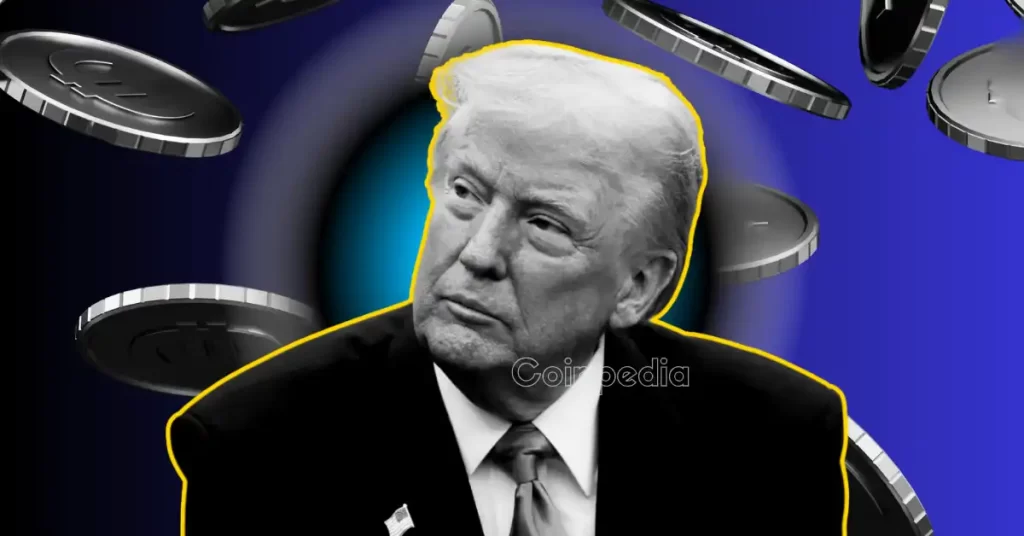
The post Trump Tariff Strategy Could Cut Income Taxes Ahead of Fed Rate Cuts appeared first on Coinpedia Fintech News
President Donald Trump
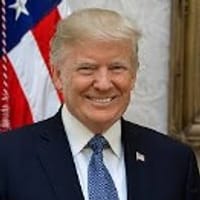
Donald Trump
Donald Trump is an American former president politician, businessman, and media personality, who served as the 45th president of the U.S. between 2017 to 2021. Trump earned a Bachelor of science in economics from the University of Pennsylvania in 1968. Trump won the 2016 presidential election as the Republican Party nominee against Democratic Party nominee Hillary Clinton while losing the popular vote. As president, Trump ordered a travel ban on citizens from several Muslim-majority countries, diverted military funding toward building a wall on the U.S.–Mexico border, and implemented a family separation policy. Trump has remained a prominent figure in the Republican Party and is considered a likely candidate for the 2024 presidential election
President
hinted that Americans could soon see a dramatic shift in how the government is funded, possibly eliminating federal income taxes. In a Truth Social post on April 27, Trump suggested that once his new Trump Tariff policies on imported goods are fully in place, income taxes could be “substantially reduced,” especially for those earning under $200,000 a year.
Trump introduced a new concept called the “External Revenue Service,” proposing that tariffs, rather than income taxes, could support the government. He described it as a return to an earlier model, pointing to the 19th-century Gilded Age when the U.S. operated without an income tax.
Could Lower Taxes Boost Investments and Crypto?
Lower income taxes could leave Americans with more disposable income, potentially sparking increased investment in stocks, real estate, and cryptocurrencies. Market watchers note that extra take-home pay often translates into higher consumer spending and asset growth. However, analysts caution that the broader economic impact — especially against the backdrop of Fed rate cuts and fluctuating markets — will ultimately determine whether the plan would fuel major investment surges.
Skepticism Grows Over Lack of Details
This isn’t the first time Trump has floated the idea. He previously mentioned the concept during a 2024 appearance on the Joe Rogan Experience. Critics argue that Trump has yet to provide a clear roadmap on how a tariff-funded government would work, especially at current spending levels.
Research from Dancing Numbers suggests eliminating income taxes could save the average American more than $134,000 over a lifetime, with even greater savings if payroll taxes are removed. Still, experts warn that relying solely on tariffs might not generate enough revenue without significant changes to federal spending.
U.S. Commerce Secretary Howard Lutnick, a strong supporter of Trump’s tariff strategy, has also advocated for scrapping the IRS. In January 2025, Lutnick pointed to the early 1900s, when tariffs helped make America the world’s richest country, arguing that protecting domestic workers through Trump Tariff measures could once again boost national wealth.
New Tax Proposals Emerge
Financial strategist Bert Dohmen has pitched additional tax ideas for Trump to consider. He proposes exempting seniors over the age of 76 who operate small businesses from income taxes, arguing that the administrative burden is too high for older entrepreneurs.
Dohmen also recommends offering tax incentives for families, suggesting a 10% tax exemption per child, capped at a 50% total reduction, to encourage higher birth rates — a growing concern among industrialized nations.
- Also Read :
- Trump-Backed Crypto Project World Liberty Financial Partners with Pakistan for Full Crypto Legalization
- ,
Markets Wobble Amid Trump Tariff Uncertainty
While Trump signed an executive order to introduce sweeping new tariffs earlier this month, frequent revisions and policy shifts have injected volatility into the markets. Stocks and bond yields have reacted sharply, with many analysts warning that the evolving Trump Tariff framework is creating more uncertainty than stability.
The instability comes at a critical time when markets are already bracing for the impact of potential Fed rate cuts later this year. Investors will closely watch how Trump’s tariff-driven vision and the Fed’s monetary policy intersect to shape the economic landscape ahead of the 2026 election season.
Never Miss a Beat in the Crypto World!
Stay ahead with breaking news, expert analysis, and real-time updates on the latest trends in Bitcoin, altcoins, DeFi, NFTs, and more.








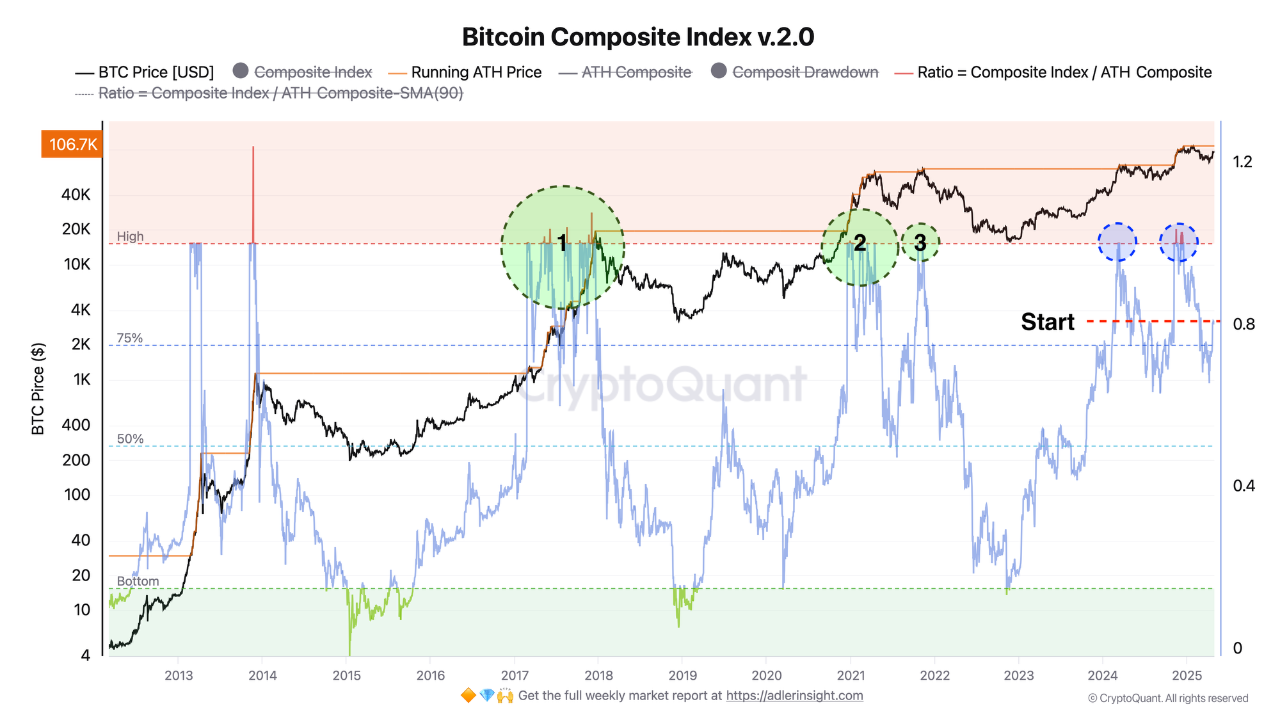

 Adler Jr (@AxelAdlerJr)
Adler Jr (@AxelAdlerJr) 
